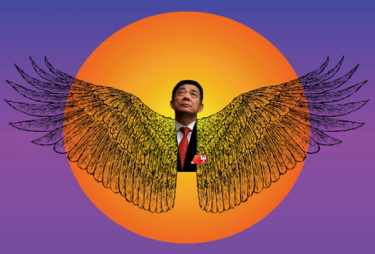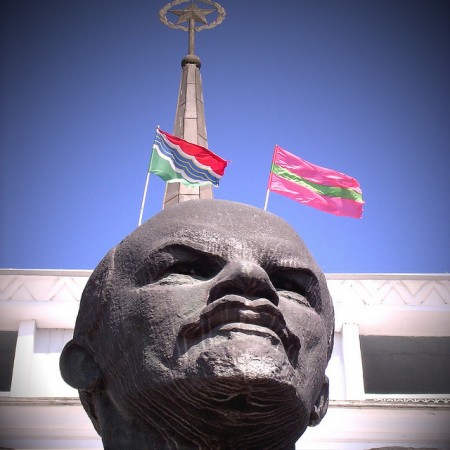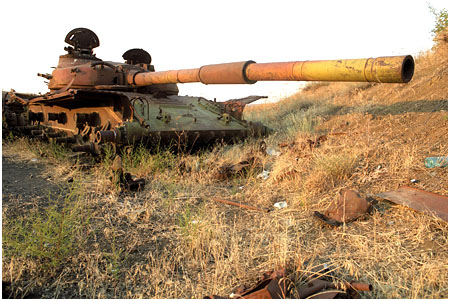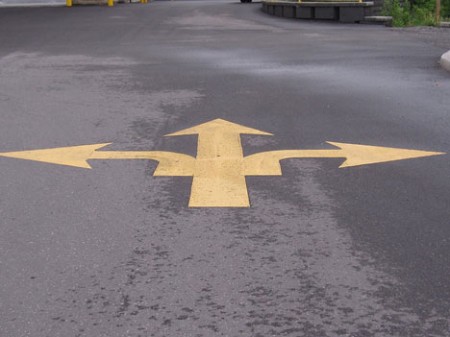
- بو تشيلاي، سياسي صيني، على هيئة إيخاروس، من شخصيات الأساطير اليونانية، الذي أراد الاقتراب من الشمس بجناحين من شمع. المصدر: موقع beijingcream.com
الصراع السياسي، القتل، الفساد، الجاسوسية، الأزمات الدبلوماسية – عوامل في سقوط بو تشيلاي، السياسي الصيني البارز. وبالرغم من سياسة حجب المعلومات في الصين، فإن المناقشات على الشبكات الاجتماعية جعلت الإعلام الدولي يشنف آذانه.
أثناء تداول السلطة المعتاد في الحزب الشيوعي الصيني في أكتوبر 2012 – والذي يحدث كل 10 أعوام – ظهرت قضية تشيلاي بو على الصفحة الأولى في معظم وسائل الإعلام المحلية والدولية. وكانت المناقشات حامية حول دور إعلام المواطن في عدم قدرة الحكومة على إخفاء القضية عن الأنظار. ولكن يجب أن نعترف أن الحكومة استفادت من الشبكات الاجتماعية لصالحها. هل فعلاً أرادت الحكومة الصينية إخفاء قضية بو تشيلاي؟ هل فعلاً كان الإعلام الجتماعي تحدياً لقدرة الحكومة على التحكم بالمعلومات؟ عدم وجود الشفافية في الحياة السياسية الصينية يجعل الإجابة على هذا السؤال مستحيل. ولكن الأسئلة تستحق التفكير فيها.
دعونا نلخص دور الإعلام الاجتماعي الصيني الكبير في تحدي قدرة الحكومة الصينية على التحكم ومنع المعلومات.
فبراير 2012
1. بداية، تنتشر الإشاعات
وانج ليجون، نائب رئيس بلدية تشونقينج، يختفي من وظيفته. وبالرغم من سياسة الحجب، فإن الإشاعات حول هذا الموضوع ظهرت جلية في كل أنحاء مواقع التدوين المصغر في الصين. تقول الإشاعة أن وانج حاول اللجوء السياسي إلى قنصلية الولايات المتحدة بعد خلاف مع بو تشيلاي، السياسي البارز بالحزب. وربما انتقد وانج تورد بو في مقتل رجل الأعمال البريطاني نيل هايوود.
2. العلاج بالعطلة.
ظهرت رسالة رسمية في موقع سينا ويبو – الشبيه بتويتر – تقول أن وانج لا يمارس أعماله بصورة مؤقتة “للعلاج بالعطلة“. وأصبح هذا المصطلح تعبيراً ساخراً منتشراً على الإنترنت الصيني.
3. أين الحجب؟
أكدت الحكومة الصينية دخول وانج القنصلية الأمريكية في بيان على موقع سينا ويبو، حيث سارع نشطاء الإنترنت في مشاركتها بكثافة. فماكينة الحجب لم تسمح بتداول المعلومات ومناقشتها فقط، بل دعمتها، مما أثار الشكوك. يكتب C. Custer، الذي يدون على موقع ChinaGeeks:
في هذه اللحظة، فمرة أخرى يظهر وانج على قائمة المواضيع الأكثر انتشاراً على سينا ويبو مرتين […] والبحث عن “وانج ليجون” (بدون أخطاء) ليس محجوباً. من الواضح أن سينا لا يرغبون في حجب هذه القصة بالمرة، وبالتالي يظهر السؤال، هل يوجد أحد في موقع سينا يريد تدمير يو تشيلاي؟
مارس 2012
4. تأكيد الإشاعات الأولية
وكالة الأنباء الرسمية تسين هوا أصدرت بيانين: إقالة وانج من منصبه وإقالة بو تشيلاي من منصبه أمين للحزب في تشونقن وتعيين تسانج ديجيانج مكانه. مع تقرير آخر يؤكد أن وانج بالفعل طلب اللجوء السياسي في القنصلية الأمريكية.
5. الدفعة الثانية من الإشاعات
وفي أثناء المناقشات العامة حول التطير السياسي لبو، انتشرت بعض الإشاعات عن إنقلاب عسكري في بكين وحصول مواجهات بين الرئيس الصيني هو جينتاو ووين جيباو من جانب، وتسو يونجكانج، الذي يساند بو، من جانب آخر.
6. الكلام عن الانقلاب يوقظ الجدار الناري الأعظم
تقوم مواقع التدوين المصغر مثل سينا ويبو وتنسنت ويبو بحجب عمليات البحث. وبعد أيام من الحجب، أغارت الحكومة على وسائل الإعلام الاجتماعي. فتعتقل 6 أشخاص وتغلق 16 موقعاً بتهمة “نشر إشاعات على الإنترنت أدت إلى بلبلة النظام العام وتهديد السلام الاجتماعي، مما يستحق العقاب”، في تفرير لتسينهوا. نفس التقرير يذكر أن هناك انتقادات وعقوبات على موقع سينا ويبو وتينسينت ويبو بناء على ذلك. علق الموقعين التعليقات لمدة 3 أيام.
أبريل 2012
7. تحول الإشاعات إلى حقائق
في 10 أبريل / نيسان، أصدر تسينهوا بيانين منفصلين: إقالة بو من منصبه في اللجنة المركزية للحزب الشيوعي الصيني رداً على “انتهاكات حادة للنظام”، ولدور زوجته المزعوم في مقتل رجل الأعمال البريطاني نيل هايوود بدوافع “المنافسة الاقتصادية”.
لم يستقف مستخدمي الإنترنت من صدمتهم، فالإشاعات التي انت تملأ الإنترنت في الشهور الماضية أصبحت في الصفحات الأولى في الجرائد الرسمية.
يذكر جنيج جاو، الذي يكتب في مدونة وزارة توفو:
يكتب تزان تسينشينج، مستخدم ويبو، “لقد اتبعنا الأوامر العليا ألا نصدق أو ننشر الإشاعات. ولكن اليوم، أصبحت الإشاعة حقيقة! لا أستطيع التفكير جيداً، هل أصدق أم لا أصدق؟ هذا هو السؤال!
اكتشف 550 مليون مستخدم للتدوين المصغر في الصين خدعة لوي الحقائق. حيث الإشاعات على الإنترنت تصبح حقيقة في نهاية الأمر، حقيقة تؤكدها البيانات من وسائل الإعلام الرسمية التي تحجب وتشيطن المعلومات تحت شعار الانسجام المجتمعي.
8. الصراع السياسي والفساد
تصر الحكومة أن سقوط بو عبارة عن معركة ناجحة ضد الفساد وأنه لا علاقة له بالصراع السياسي. وبينما تتكشف تفاصيل ثراء عائلة بو، تتصاعد سخونة النقاشات حول ثورات أعضاء الحزب. وأثناء طغيان النقاشات حول الفساد، تنجح الحكومة في إدارة الحوار وتجنب النقاط الحساسة حول الصراع السياسي.
يوضح جينج جاو وجهة نظره:
ولكن هناك على الأقل نقطة واحدة متأكد منها. وهو أن قبل وجود الإعلام الاجتماعي، لم يكن على الحكومة أبداً إصدار توضيحات للشعب. […] ولكن اليوم، مع وجود عشرات الملايين من الصينيين على سينا ويبو، قليل من الثرثرة السياسية يمكنها أن تزيد وتتحول إلى ‘لى صوت مسموع للآلاف قبل حضور شرطة الإنترنت.
يلعب الإعلام الاجتماعي دوراً كبيراً لدعم المناقشات العامة في الصين عبر كسر القواعد الحكومية المعتادة لكسر المعتاد. ولكن من الواضح أن الحكومة الصينية أثبتت أن لديها الخبرة الكافية لللعب بسياسة الحجب، تسريب أو منع المعلومات عندما تريد تحويل مسار الرأي العام. من الفائز هنا؟ هل فعلاً يغتبر الإعلام الاجتماعي في الصين تحدياً لقدرة الحكومة الصينية على التحكم في مسار المعلومات؟
(Translation by Mohamed ElGohary)





